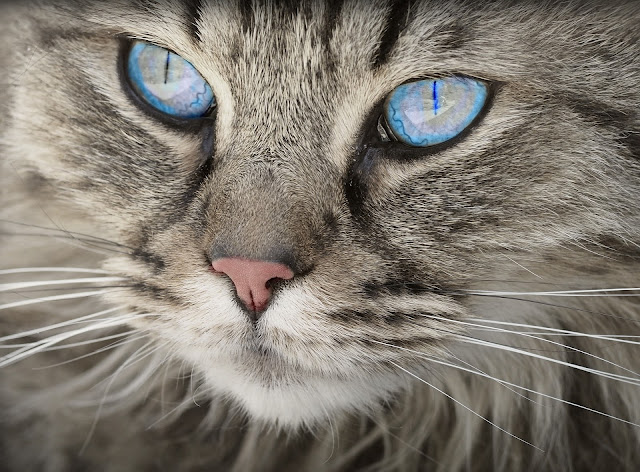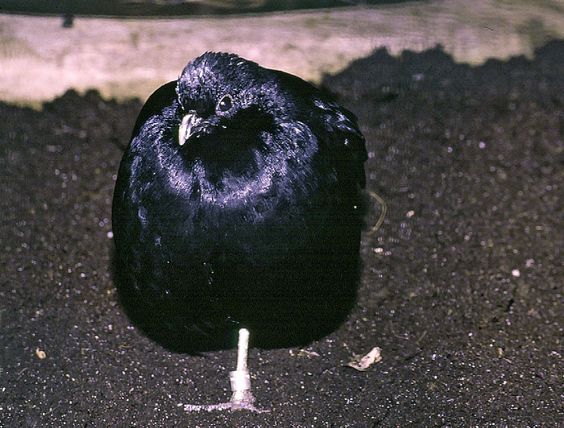What are some common diseases that affect quails?
Quails, like any other poultry species, are susceptible to various diseases that can impact their health and overall well-being. In this comprehensive article, we will explore some of the common diseases that affect quails, discuss their symptoms, prevention strategies, and potential treatments. Understanding these diseases will enable quail owners to recognize early signs, implement appropriate preventive measures, and seek veterinary assistance when necessary.
1. Coccidiosis:
Coccidiosis is a common intestinal disease caused by the protozoan parasite Eimeria. It affects the digestive system of quails, leading to diarrhea, weight loss, decreased egg production, and sometimes mortality. Maintaining good hygiene, proper sanitation practices, and providing clean drinking water are essential for preventing coccidiosis. Anticoccidial medications can be administered as a treatment option.
2. Avian Influenza:
Avian influenza, or bird flu, is a highly contagious viral disease that affects a wide range of bird species, including quails. It can cause severe respiratory symptoms, decreased egg production, and increased mortality rates. Strict biosecurity measures, including isolation of infected birds, disinfection protocols, and monitoring for early signs of infection, are crucial in preventing the spread of avian influenza. Vaccines may be available for specific strains.
3. Infectious Coryza:
Infectious Coryza is a bacterial respiratory disease that affects quails and other poultry species. It is characterized by nasal discharge, swollen sinuses, facial swelling, and reduced appetite. Implementing biosecurity measures, such as quarantining new birds, maintaining clean and dry housing, and providing proper ventilation, can help prevent the spread of Infectious Coryza. Antibiotics prescribed by a veterinarian are commonly used for treatment.
4. Mycoplasma gallisepticum:
Mycoplasma gallisepticum is a bacterial infection that primarily affects the respiratory system of quails. It can cause respiratory distress, eye inflammation, decreased egg production, and stunted growth. Practicing strict biosecurity measures, including isolating infected birds, maintaining clean housing, and preventing contact with wild birds, is essential for preventing the spread of Mycoplasma gallisepticum. Antibiotics may be prescribed for treatment.
5. Salmonellosis:
Salmonellosis is a bacterial infection caused by the Salmonella bacteria. It can lead to diarrhea, dehydration, weight loss, decreased egg production, and even death in severe cases. Proper hygiene practices, such as regular cleaning and disinfection of the coop, handling eggs carefully, and ensuring a clean water source, can help prevent Salmonella infection. Antibiotics may be prescribed by a veterinarian for treatment.
6. Newcastle Disease:
Newcastle disease is a viral infection that affects a wide range of bird species, including quails. It can cause respiratory symptoms, nervous system disorders, and high mortality rates. Strict biosecurity measures, vaccination, and monitoring for signs of infection are essential for preventing Newcastle disease. There is no specific treatment, and infected birds often require euthanasia to prevent the spread of the disease.
7. Marek's Disease:
Marek's disease is a highly contagious viral disease that affects quails and other poultry species. It attacks the nervous system and can cause paralysis, weight loss, tumors, and eventually death. The virus is transmitted through the air and can survive in the environment for long periods. Vaccination is the most effective method of prevention against Marek's disease, and it should be administered to quails at a young age.
8. E. coli Infections:
E. coli infections can affect quails and cause a variety of symptoms, including diarrhea, decreased appetite, weakness, and dehydration. These bacterial infections are often secondary to another underlying health issue or stress. Maintaining good hygiene practices, providing clean drinking water, and avoiding overcrowding can help prevent E. coli infections. In severe cases, antibiotics may be prescribed by a veterinarian.
9. Fowl Pox:
Fowl pox is a viral infection that affects various bird species, including quails. It is characterized by the formation of raised, wart-like lesions on the skin, particularly around the head and legs. The disease can be transmitted through direct contact with infected birds or contaminated surfaces. Preventive measures include maintaining good hygiene, avoiding contact with infected birds, and providing a clean and dry environment. There is no specific treatment for fowl pox, but supportive care can help affected birds recover.
10. Parasitic Infections:
Quails are susceptible to various parasitic infections, including external parasites like mites and lice, as well as internal parasites like worms. These parasites can cause irritation, feather loss, decreased egg production, and overall poor health. Regular monitoring, maintaining clean bedding, and implementing appropriate parasite control measures are crucial for preventing and treating parasitic infections. Consultation with a veterinarian will help determine the most effective treatment options.
11. Respiratory Infections:
Quails can develop respiratory infections, including bacterial and viral infections, which can result in symptoms such as coughing, sneezing, nasal discharge, and difficulty breathing. Good ventilation, proper sanitation practices, and minimizing stress factors are important for preventing respiratory infections. In severe cases, antibiotics or antiviral medications may be prescribed by a veterinarian.
12. Good Management Practices:
In addition to specific diseases, maintaining overall good management practices is essential for keeping quails healthy. This includes providing a balanced diet, clean drinking water, suitable housing conditions, and minimizing stress factors such as overcrowding and sudden environmental changes. Regular observation and monitoring of the flock's behavior and health can help identify any potential issues early on.
Being aware of the common diseases that affect quails is crucial for their well-being. Implementing preventive measures, practicing good hygiene, and seeking veterinary assistance when necessary are essential for disease control and management. By promoting a clean and stress-free environment, monitoring for signs of illness, and providing appropriate treatment, quail owners can ensure the health and vitality of their flocks. Regular veterinary check-ups and consultation are highly recommended to establish a comprehensive health management plan for quails.






